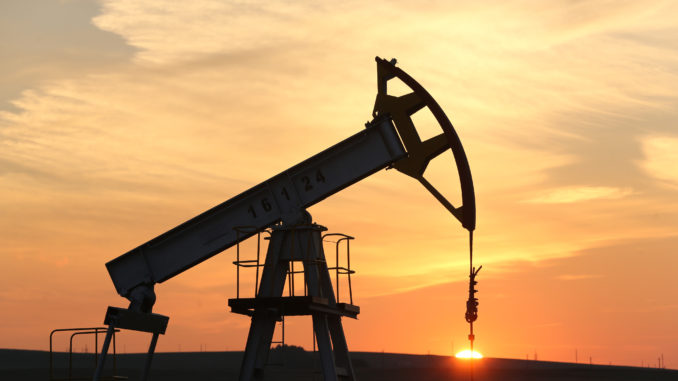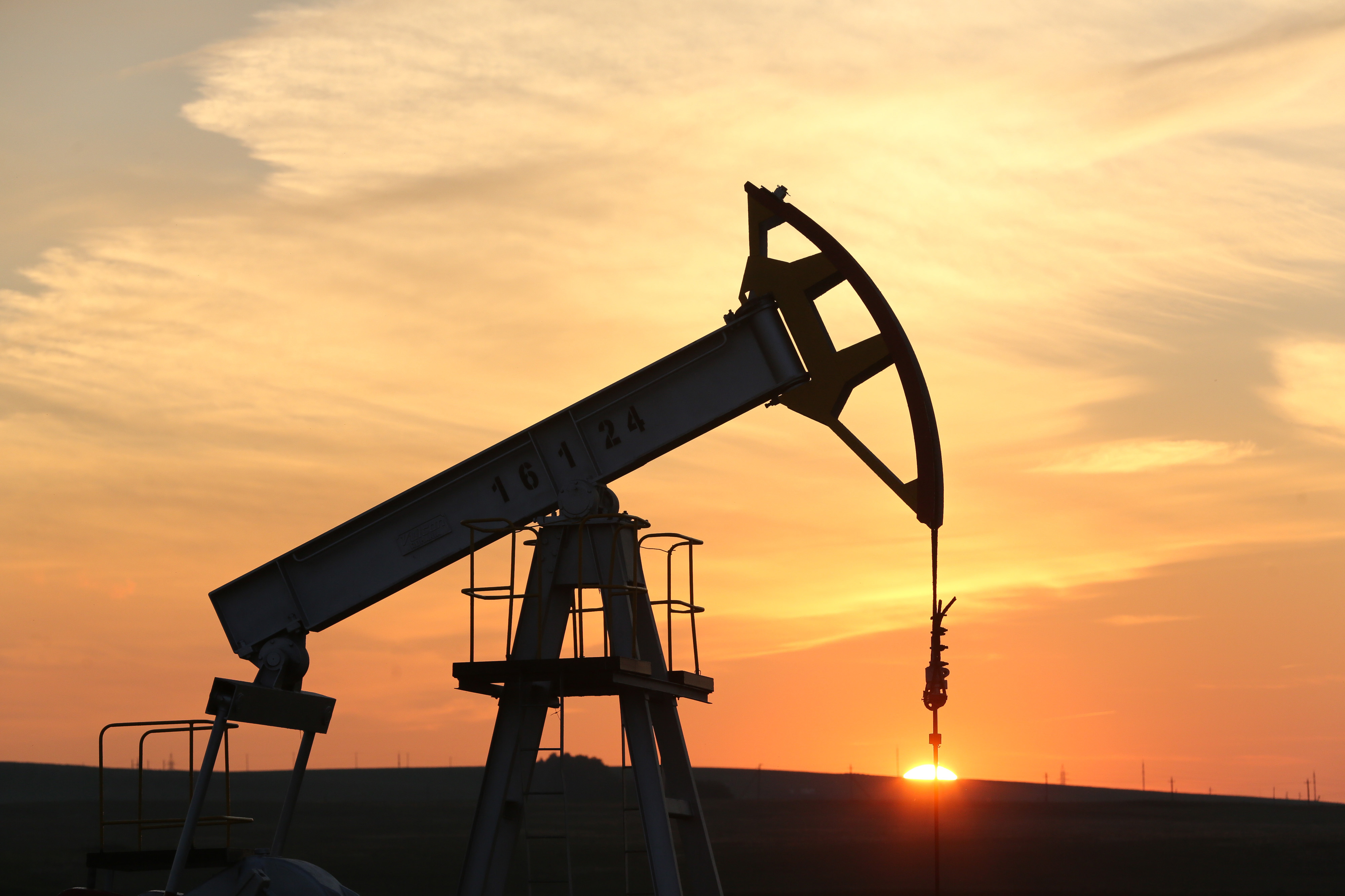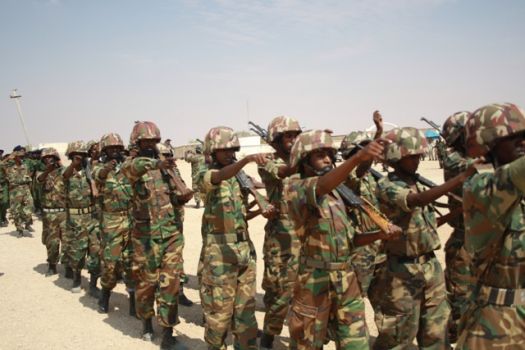
The country’s new petroleum Revenue Sharing Agreement, or RSA, relates to Somalia’s petroleum law, which was approved last month in an effort to kick-start oil development that has been halted by two decades of civil war. Companies including Royal Dutch Shell Plc and Exxon Mobil Corp. have stakes in blocks, which has seen no activity since war broke out in 1991.
Under the terms of the RSA Somalia’s central government will retain 55% of revenue from future offshore oil production while its member states will receive the remainder, according to an oil ministry statement released on Friday.
For onshore oil output, the federal government will retain 30% of revenue, while member states and their local communities, which are free to decide how to invest the cash, will keep the rest. However, it’s still working on commercial terms for the companies which would operate the oil blocks.
Somalia’s new licensing round, which opened in February, has 15 offshore blocks on offer. The government is targeting a potential bid date for the blocks, which cover about 75,000 square kilometers, in November and hopes to award the first new licenses in January 2020. A Shell spokesman said the company will not be taking part.
Somalia’s Petroleum Revenue Sharing Agreement
| Federal Government | Oil Producing States | Local Area of Oil Production | Non-oil Producing States | |
| Offshore | 55% | 25% | 10% | 10% |
| Onshore | 30% | 30% | 20% | 20% |
| Royalty | 40% | 40% | 10% | 10% |
| Surface Rent | 30% | 50% | 20% |
Source: Somalian government
Despite the government pegging the offshore area’s oil reserves at about 30 billion barrels, it’s going to be a tough sell to international operators.
While war has halted onshore crude production, Somalia’s waters have suffered from piracy. Somalian Oil Minister Abdirashid Mohamed Ahmed said in an interview in London that’s all in the past.
“Offshore Somalia is safe. The two companies that conducted the seismic for us experienced zero incidents. There hasn’t been piracy for a long time,’’ Ahmed said. “The data is promising and the location is attractive.”
The government said seismic data show “a high likelihood” that Somalia’s offshore has “similar geological structures” to large oil and gas reserves which have been found in neighboring basins in Kenya, Tanzania and Mozambique.
However, the government hasn’t released details of commercial terms which will be available to international operators it’s trying to attract back to hunt for oil in Somalia.
“We believe our model PSA should be attractive to oil companies and the Somalian people,” Ahmed said, adding that the government is working with the African Development Bank on what sort of commercial terms it may offer. The bank did not immediately respond to a request for comment.
On June 21, the government reached a deal with Shell for repayment of fees related to oil fields which have been accruing since war broke out in the country in the early 1990s. Ahmed confirmed Shell was not carrying out exploration work in Somalia, contrary to an erroneous release from state news agency Sonna. Ahmed said he was “not aware” of the report from Sonna.
Source: Bloomberg






